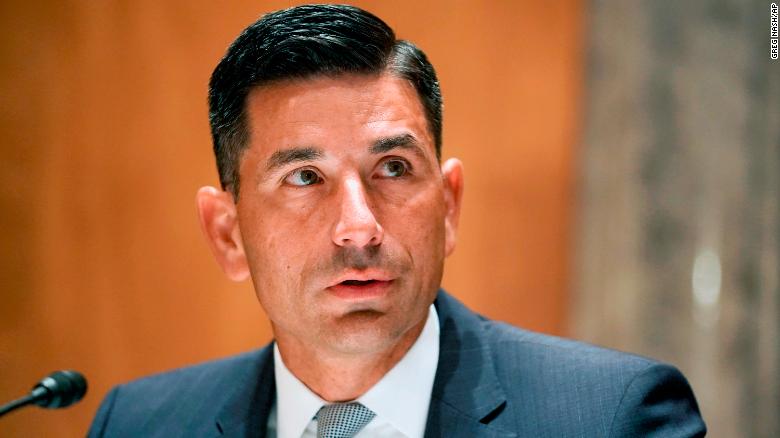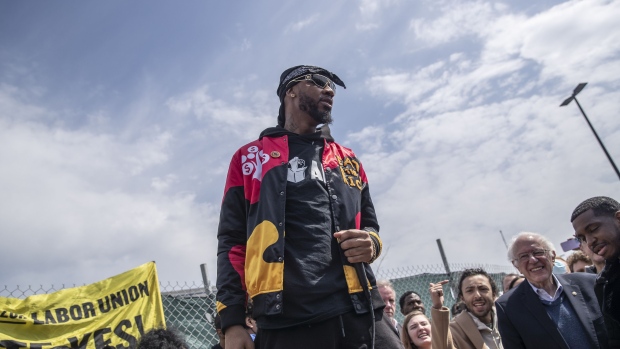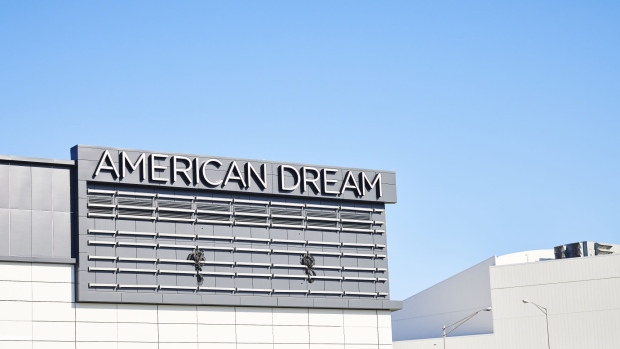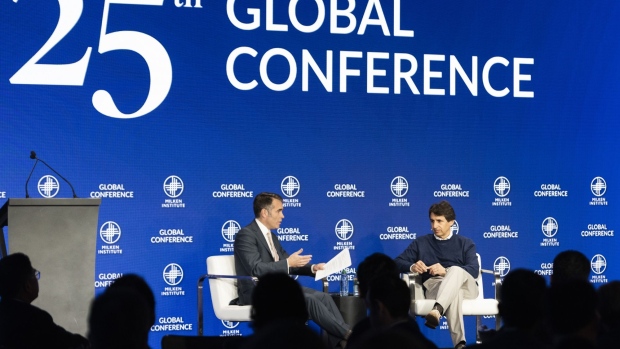Sri Lanka’s Once-Lauded Health Care System Is Now Collapsing
, Bloomberg News
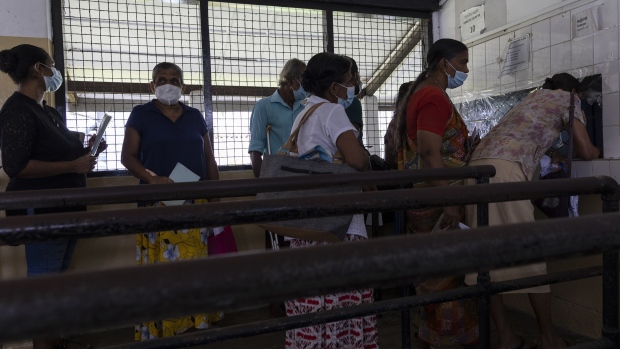
(Bloomberg) -- As Sri Lanka’s worst economic crisis in decades took root, prompting medical shortages and halting surgeries, Kavindya Thennakoon knew she had to do something. Before boarding a flight from San Francisco to Colombo, the Stanford graduate and co-founder of a digital education app posted on social media and asked those running low on supplies to get in touch.
More than 50 requests later, Thennakoon packed three suitcases last month with 60 kilograms (132 pounds) of over-the-counter items for a hospital that had run out of basics, including surgical masks, glucose strips and supplements for new mothers. The most distressing requests were those that she couldn’t legally fulfill, such as cancer medication and injectable drugs for premature babies.
“Hearing from these complete strangers -- begging and saying, ‘I’m going to run out of supplies in a week or two days’ -- was very heartbreaking,” said Thennakoon, 27, a Sri Lankan who lives in California. “And to realize the country has come to that was even a worse feeling.”
For weeks, Sri Lanka’s once-lauded public health system, free to its 22 million people, has come to a near standstill. As the country’s economic meltdown drags on, surgeries are being postponed and hours-long power cuts have forced doctors to operate by torchlight. With Sri Lanka’s finances battered by the worst inflation in Asia and diminished foreign-currency reserves, hospitals, clinics and pharmacies are struggling to procure lifesaving drugs and medical equipment.
Without drastic measures, medical groups warn that import disruptions could lead to thousands of deaths. Public anger at the government is reaching a fever pitch: Sri Lankans have swarmed the streets of Colombo, the capital, protesting the lack of medicine and other goods, and demanding the resignation of embattled President Gotabaya Rajapaksa. To ease shortages, Sri Lanka’s diaspora is now flying in supplies to patients and doctors, though Theenakoon said these gestures were still little more than a “band aid.”
Read More: A Powerful Dynasty Bankrupted Sri Lanka in Just 30 Months
Last month, the government warned of dwindling supplies of more than 100 medical items. Many are subject to price controls that haven’t kept pace with the local currency’s recent devaluations, making importers reluctant to ship in pharmaceutical goods at a loss.
Channa Jayasumana, Sri Lanka’s health minister, told Parliament that some medications may remain out of stock for as long as three months. He said lines of credit needed to purchase medicine should have been opened in January, but they were only secured in April.
Currently about 140 types of medicine are widely out of stock. That figure may rise to 250 in the coming days, according to Ravi Kumudesh, president of the Academy of Health Professionals, a local union. “I have never seen this kind of situation in Sri Lanka,” he said.
Jayasumana and the country’s former health minister, Keheliya Rambukwella, who stepped down in April, didn’t respond to requests for comment.
Improvising Solutions
Some Sri Lankans have devised workarounds to bridge the deficits.
Nisal Periyapperuma, 26, the co-founder of Watchdog, a Sri Lankan organization set up in 2019 to counter misinformation, said he was infuriated with the government’s sluggish response to meeting shortages. The crisis was brought into sharper focus in early April, he said, when his father suffered a heart attack.
“I’m kind of terrified,” Periyapperuma said. “Can we get the next set of drugs?”
Watchdog recently launched an online database called Elixir that collates and coordinates medical requests from hospitals, the government and other donors. At the top of the list are more than 17 million sodium valproate tablets needed to treat epilepsy and bipolar disorder, along with chemotherapy drugs and anesthetic.
Still, coordinating domestic stock is only one piece of the problem. Sri Lanka imports about 85% of its medical supplies and needs hard cash to bring them into the country.
“We don’t have enough foreign currency to actually clear these orders,” Periyapperuma said. “If you go to a pharmacy and try to buy something simple, like paracetamol, it’s a bit difficult. Very basic medical supplies are missing because most of these are not produced here.”
A Preventable Crisis
The scarcities mean that around half of all surgeries -- mostly routine operations -- have been postponed in Sri Lanka, according to Rukshan Bellana, president of the Government Medical Officers’ Forum, a union representing about 2,000 doctors.
His group blamed the government for not acting months ago to secure emergency supplies from neighboring countries like India, which is one of the main providers of pharmaceuticals to Sri Lanka. With fuel shortages, many health care workers can’t even get to work, he added.
“It could have been prevented,” Bellana said in an interview at the Colombo South Teaching Hospital, where patients snaked around the entrance one recent morning. “You may not have drugs, you may not have the doctor’s staff -- but the patients keep coming.”
In the short term, Sri Lanka could get some relief. President Rajapaksa announced last week that the World Bank will provide $600 million in financial assistance, in part so the country can buy more drugs. The government has also recently signed a $1 billion credit line with India, which pledged to send medical goods to the island soon.
Read More: Stocks in Sri Lanka Rebound as World Bank to Grant Financial Aid
But even with these infusions, Sri Lanka faces shortages of single-use items such as intravenous lines, catheters and chemical diagnostic reagents, according to Bellana. And with long lead times to procure medical products from overseas, many clinics and hospitals are expecting a prolonged wait.
In northern Sri Lanka, where ethnic Tamil separatists waged a 26-year civil war, staff at the Teaching Hospital Jaffna are anxiously consulting international health organizations about depleted stocks of around 70 medical items. With only about a month’s supply left of anesthetic, the hospital has postponed all surgeries except maternity and emergency operations.
Even during the war, which ended in 2009, “we didn’t have this crisis,” said C. Jamnunanantha, 53, a doctor and deputy director at the hospital.
“We don’t know how long we can do it,” he added.
©2022 Bloomberg L.P.
